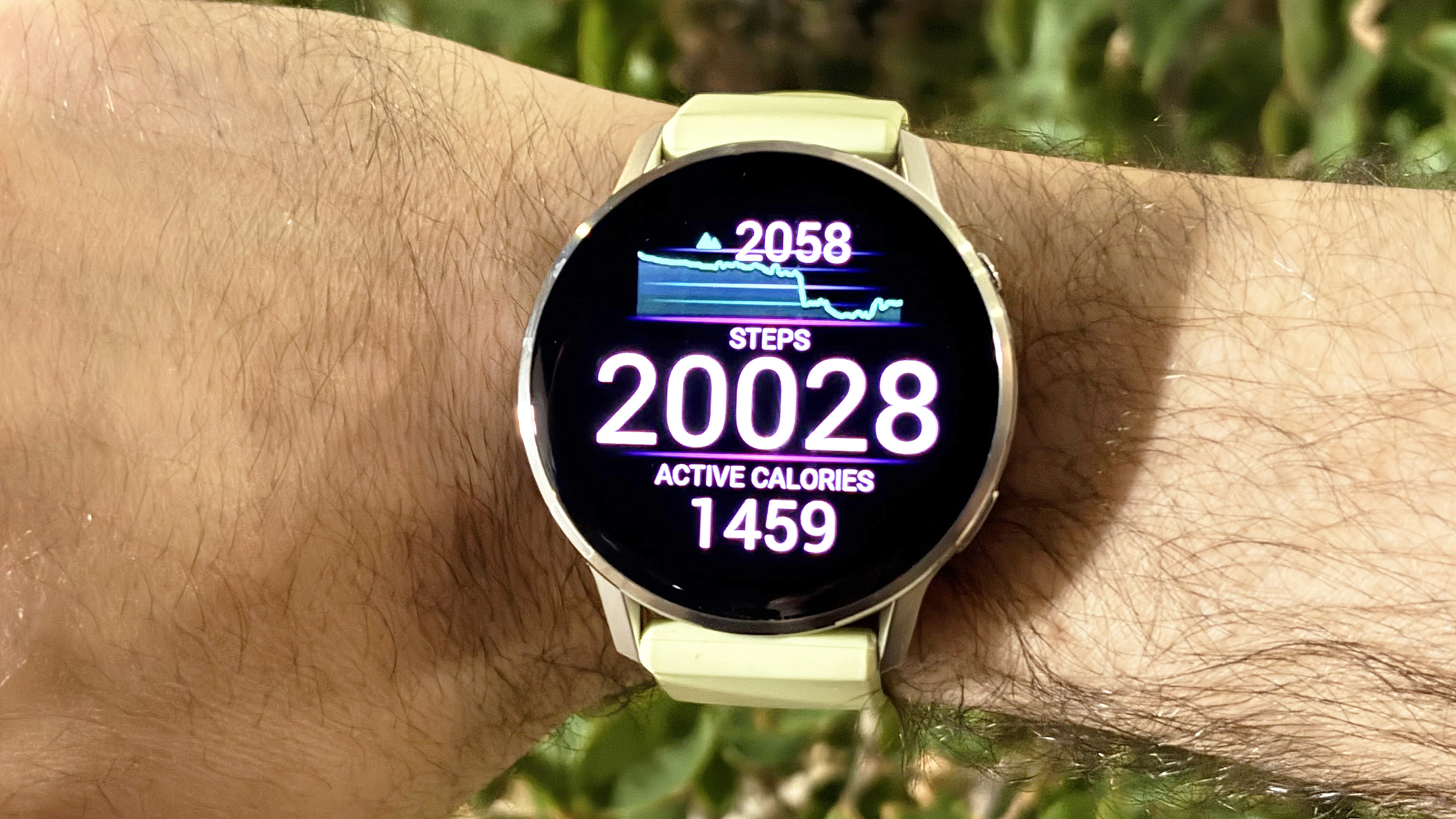After Uber Fatality, What's Next for Self-Driving Cars?
After a self-driving Uber car struck and killed a woman in Arizona this weekend, autonomous vehicles may face a new round of questions.
An Arizona woman's death after she was hit by a self-driving Uber car on Sunday night raises new questions about the future of self-driving cars, as investigators try to piece together just what happened.

Elaine Herzberg, 49, died after the accident in Tempe, Ariz. Hers is believed to be the first pedestrian death linked to an autonomous vehicle. According to local reports, Herzberg was crossing the street and walking a bicycle outside a crosswalk at 10 p.m. when she was hit by one of Uber's self-driving SUVs. Uber is one of many companies testing self-driving cars in the Phoenix metropolitan area.
Authorities investigating the incident say that the vehicle had a back-up driver in the car at the time of the accident. Initial reports suggest that the vehicle was in self-driving mode when it struck Herzberg.
Uber has expressed condolences to the victim's family and said it was working with local authorities to find out the cause. In the meantime, the company said it was suspending self-driving car tests in the Phoenix area, as well as in other markets in which it's running tests, including San Francisco, Pittsburgh and Toronto.
What happens next depends heavily on what the investigation into the accident turns up, analysts who follow developments in autonomous cars told Tom's Guide.
Susan Beardslee, a senior analyst for intelligent transportation at ABI Research, says that a lot will hinge on whether the car was in self-driving mode and, if it was, "what prevented the human operator from taking over." After this article was first published, Tempe police chief Sylvia Moir told the San Francisco Chronicle that preliminary indications suggested the Uber vehicle was not at fault for the accident.
The area where the accident took place is in a populated city, not a remote or rural area, Beardslee added, so investigators will likely want to look at how the car's sensors and machine-learning algorithms were performing at the time of the accident.
Get instant access to breaking news, the hottest reviews, great deals and helpful tips.
"It's certainly tragic to have any loss of life," she said.
MORE: Tesla Self-Driving Death Needs to Spur Changes
Derek Viita, a senior analyst at Strategy Analytics, said the implications of the fatal accident will hinge on how Uber acts, considering that there was a backup operator in the car.
"Recall that GM Cruise essentially blamed the operator for that parked-car-crash two years ago," said Viita, referring to a 2016 accident in San Francisco.
The fatal accident in Arizona could have implications beyond just Uber's self-driving fleet. Waymo, the self-driving car project operated by Google parent company Alphabet, is also conducting driverless car trials in Arizona, Beardslee noted that Waymo was slated to start testing cars with no safety driver later this year.
"Will Waymo still decide in 2018 to test with no one behind the wheel?" asked Beardslee, who added that her guess would be that Waymo would be cautious and continue to gather data before deciding on how to proceed.
Whether the fatal crash changes peoples' perceptions about self-driving cars also remains to be seen.
"Consumers are already hesitant and largely distrustful of autonomous technology," Viita said. "After Uber formally responds, we’ll see who takes the bigger PR hit — autonomous cars in general, or Uber."
How government, either at the federal or state level, reacts to the fatal accident is also an open question. Viita notes that Arizona previously took an "open-for-business approach" toward autonomous car testing.
"At a federal level, the current administration has expressed a fairly anti-regulation stance," he said. "[It] will be interesting to see if that changes after this crash."
Editors' Note: This article was originally published on March 19. We've updated it with information from additional reports.
Philip Michaels is a Managing Editor at Tom's Guide. He's been covering personal technology since 1999 and was in the building when Steve Jobs showed off the iPhone for the first time. He's been evaluating smartphones since that first iPhone debuted in 2007, and he's been following phone carriers and smartphone plans since 2015. He has strong opinions about Apple, the Oakland Athletics, old movies and proper butchery techniques. Follow him at @PhilipMichaels.
-
steweyge Regardless of how the incident happened, did the lady walk straight out in front of the car, did the sensors fail or was the operator slacking in his job, this will set the self-drive program back for quite a long time. Regardless of the findings the finger will be pointed squarely at the fact the car was autonomous.Reply -
draw8962 In a world of automation robotics technologies another death deifying hazard on the road how about something life enhancing.Reply -
c.c.brown1958 It's always some stupid person who stops progress. Maybe the self-driving cars will begin to weed out the ignorant people, as more and more people are hit and killed in the future. Survival of the fittest.Reply -
john.c.fenton Let's look at the facts:Reply
- 10 PM, nighttime
- crossing a divided 4 lane road NOT in the the crosswalk (use Google maps, you will see)
- safety driver in the Uber
This is much like a deer in the road at night at speed.
She was going to get hit no matter the vehicle. -
talcaucasian Important Words in Article, "Pedestrian was Walking Her Bike, Outside the Crosswalk, at 10:48 PM at Night"! She Was "JAYWALKING", so "Uber", is Not entirely Responsible. NO wonder, the Uber Vehicle hit her, the Vehicle probably, did Not have in its Program of streets that there was NO Traffic Light there and was just a Highway. Uber, does have some responsibility, being that a Driver was in the Uber Vehicle.Reply
 Club Benefits
Club Benefits






